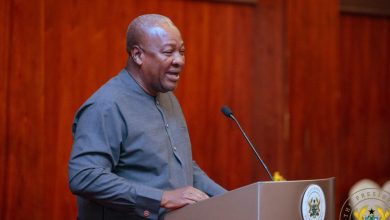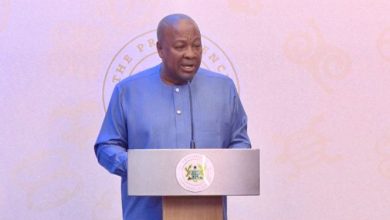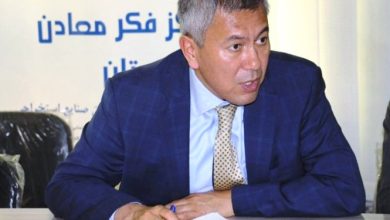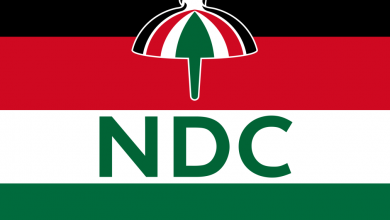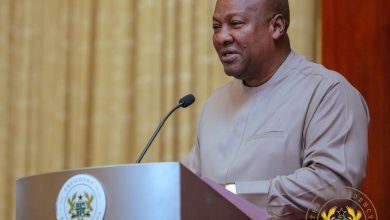Mahama Welcomes Opoku-Agyemang Back, Says Foes Hoped for Her Downfall Will Be Let Down
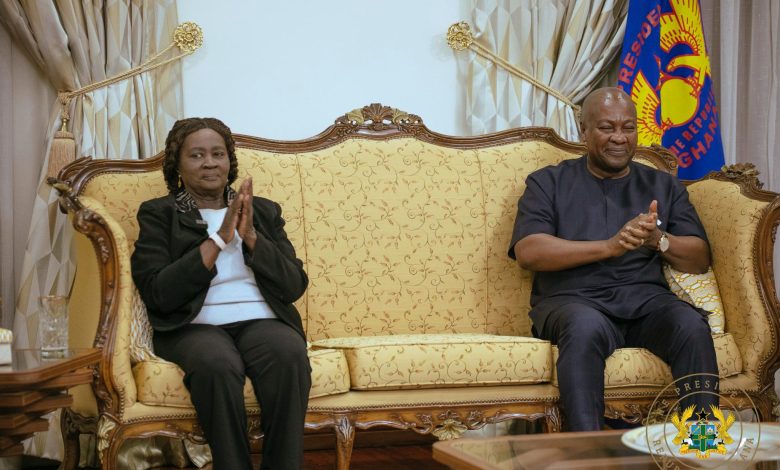
President John Dramani Mahama warmly welcomed Vice President Jane Naana Opoku-Agyemang back to Ghana on Thursday, May 22, 2025, following her recovery from a recent illness.
During a welcome address, President Mahama expressed his relief and joy at her return, stating, “The prophets who arose after your illness will be happy that you came back. The principalities too, who were wishing the worst, will be very disappointed.”
Addressing the Vice President’s health, President Mahama shared positive news from medical professionals, saying, “The doctors say you are 20 years younger. That is what the professor told me—that you are okay and fit for the job.”
Despite the encouraging report, he advised caution, adding, “We will ask that you take it easy for a little while, and after that, we will see how things go.”
Vice President Opoku-Agyemang had been on medical leave since March 28, 2025, after experiencing a sudden illness.
She received initial treatment at the University of Ghana Medical Centre and later sought further medical attention abroad.
Her absence had raised concerns about governance continuity, especially during a period when both the President and Vice President were out of the country simultaneously.
With her return, Vice President Opoku-Agyemang is expected to gradually resume her official duties, contributing to the government’s ongoing initiatives and policies.

